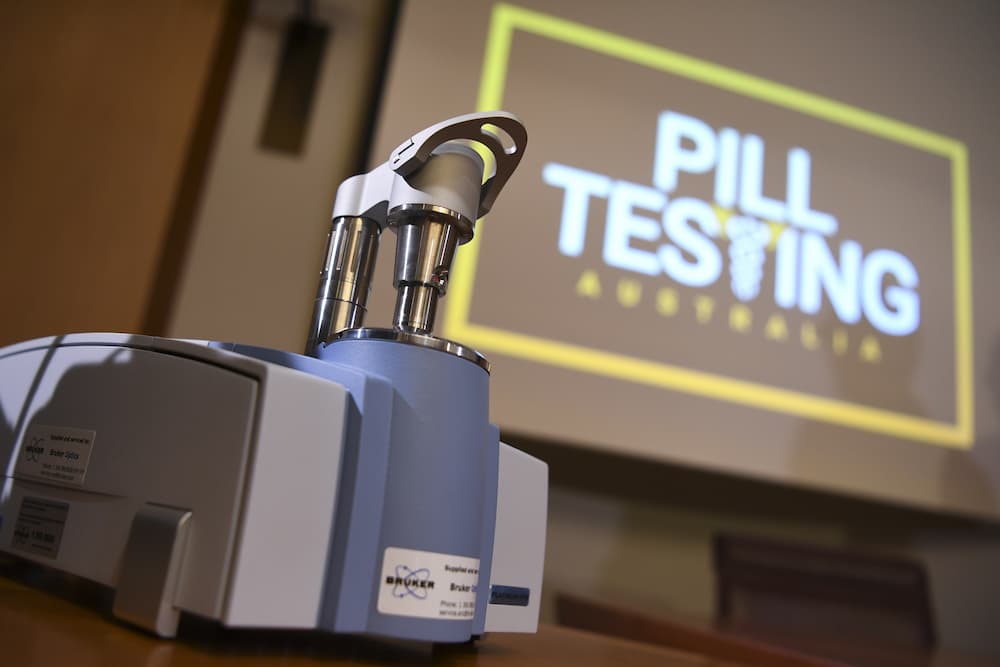Of 70 samples tested at the ACT’s CanTest Health and Drug Checking service during August, 18 people discarded their drugs once they received the results, researchers from The Australian National University (ANU) revealed today.
The ANU researchers today released results from Australia’s first government-backed pill testing service, including finding methamphetamine that was actually sugar.
The researchers examined a range of recreational drugs deposited at the health and drug checking service during August, including ketamine, MDMA, heroin, methamphetamine and cocaine.
The drugs were analysed by chemists at the ANU Research School of Chemistry.
Associate Professor Malcolm McLeod said the results provided important insight into the types of substances being sold in the local market.
“Results from the first month of the service provide a fascinating window on the local drug scene,” he said.
“They also suggest the service is reaching a far broader cross section of the drug taking community than what was possible from Australia’s first festival-based pill testing services conducted in previous years.”
In total, 70 samples were tested with 18 people discarding their drugs once they received the results.
One methamphetamine sample was found to be sugar.
“For some, those decisions involve choosing not to consume the drugs that that they have volunteered to have tested. For others, they may choose to use their drugs in a way that makes them less likely to be harmed. For all, CanTEST acts as the catalyst for a conversation that all of them deserve.
“The idea that Australia will ever be ‘drug-free’ is magical thinking from a bygone era; an era that has singularly failed in the goals which it espoused.”
Associate Professor Caldicott said the service also tested for fentanyl – a drug of concern that was increasing popular.
“To date we have tested 15 samples for traces of fentanyl, with none showing signs of these dangerous and potent synthetic opiates.
“The fact that fentanyl derivatives were not present in any of the samples test is very good news, given these dangerous and potent synthetic opiates have ravaged North America.”
CanTEST is a collaboration between Directions Health Services, CAMHA, Pill Testing Australia and ACT Health. The trial runs for six months.
The researchers also found cocaine deposited with the testing service had purity levels of 27 per cent and 40 per cent of samples had no cocaine at all.
Meanwhile, 100 per cent of heroin samples contained heroin, with purity levels ranging from 31 to 63 per cent.
Nineteen MDMA samples were tested with 13 containing the drug. The majority of ketamine samples – five of seven – contained the substance.
Previous ANU research has shown pill testing services can reduce harms for users.
Associate Professor David Caldicott from the ANU Medical School, who helped oversee and run the testing service, said people who attended reported feeling safe and respected, as well as receiving good and clear information.
“Through the CanTEST service we are engaging with a new generation of young consumers, many of whom have never sought advice on their drug consumption before now,” Dr Caldicott said.



